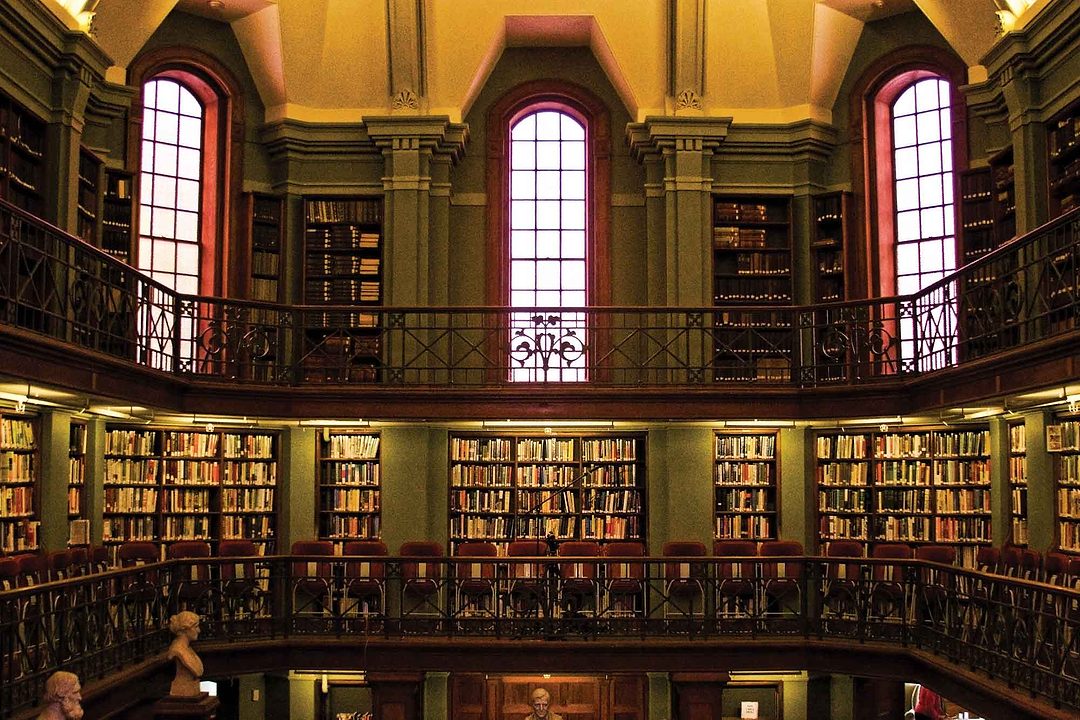What was your first experience at your library? Was it a story hour? Or checking out your summer reading? With access to information now so freely available, we sometimes take it for granted, but it wasn’t always that way. Free and easy access to information, whether online or in a physical library, evolved from the beginnings of the country.
The need for free, publicly available libraries was recognized as early as the 18th century. In 1743 the oldest public library in the U.S., the Darby Free Library in Pennsylvania, was established. More than a century later, in 1873, the Concord Free Public Library was founded. Although originally privately funded by Concord businessman William Munroe and others, the Concord Library was always intended to be open to all citizens.
Munroe was a wealthy businessman who wanted to use his money to benefit the town. A library seemed the perfect legacy. Such an undertaking would require the efforts of more than one man, though, so Munroe secured the support of others who could facilitate and safeguard the project, both financially and politically. Those men, including Ebenezer Rockwood Hoar, George Merrick Brooks, Henry Francis Smith, Reuben Rice, and others, later became members of the Concord Free Public Library’s Corporation.
Standing prominently at the corner of Main Street and Sudbury Road, the Concord Free Public Library is a town treasure filled with historic artwork and a trove of material from the 17th Century to the present.
As you enter, look up to admire the soaring rotunda, rimmed by tall shelves, and a second-floor gallery. Sitting at one end of the main hall is a statue of Ralph Waldo Emerson that was carved by noted sculptor Daniel Chester French, the same artist who created the Minute Man statue in the Minute Man National Historical Park, “Mourning Victory” which stands in Sleepy Hollow Cemetery, and the Lincoln Memorial in Washington D.C.
Elsewhere there are original paintings by artist N. C. Wyeth that were used to illustrate Henry David Thoreau’s Men of Concord. And there are marble busts of local authors Nathaniel Hawthorne and Louisa May Alcott. You can even take a self-guided tour of the Library’s art collection.
In the lower level, the Special Collections are a national treasure housing the largest and most important collection of primary Thoreau material in New England as well as original writings and papers of Emerson, Louisa May Alcott, and other luminaries from the post-Revolutionary War through the Abolitionist Movement, the Civil War, and two World Wars.
The lively Children’s Room offers comfortable spots to read for younger patrons.
The town is fortunate to have an active branch library in West Concord and both locations offer a wide range of programs for patrons of all ages.
Rich in history, yet equipped with the latest networking capabilities, the Concord Free Public Library honors its past as it points to the future for the information age. The Concord Free Public Library is one of Concord’s civic treasures, a testament to the vision of its founders and the commitment of those who manage and volunteer there today. https://concordlibrary.org/

